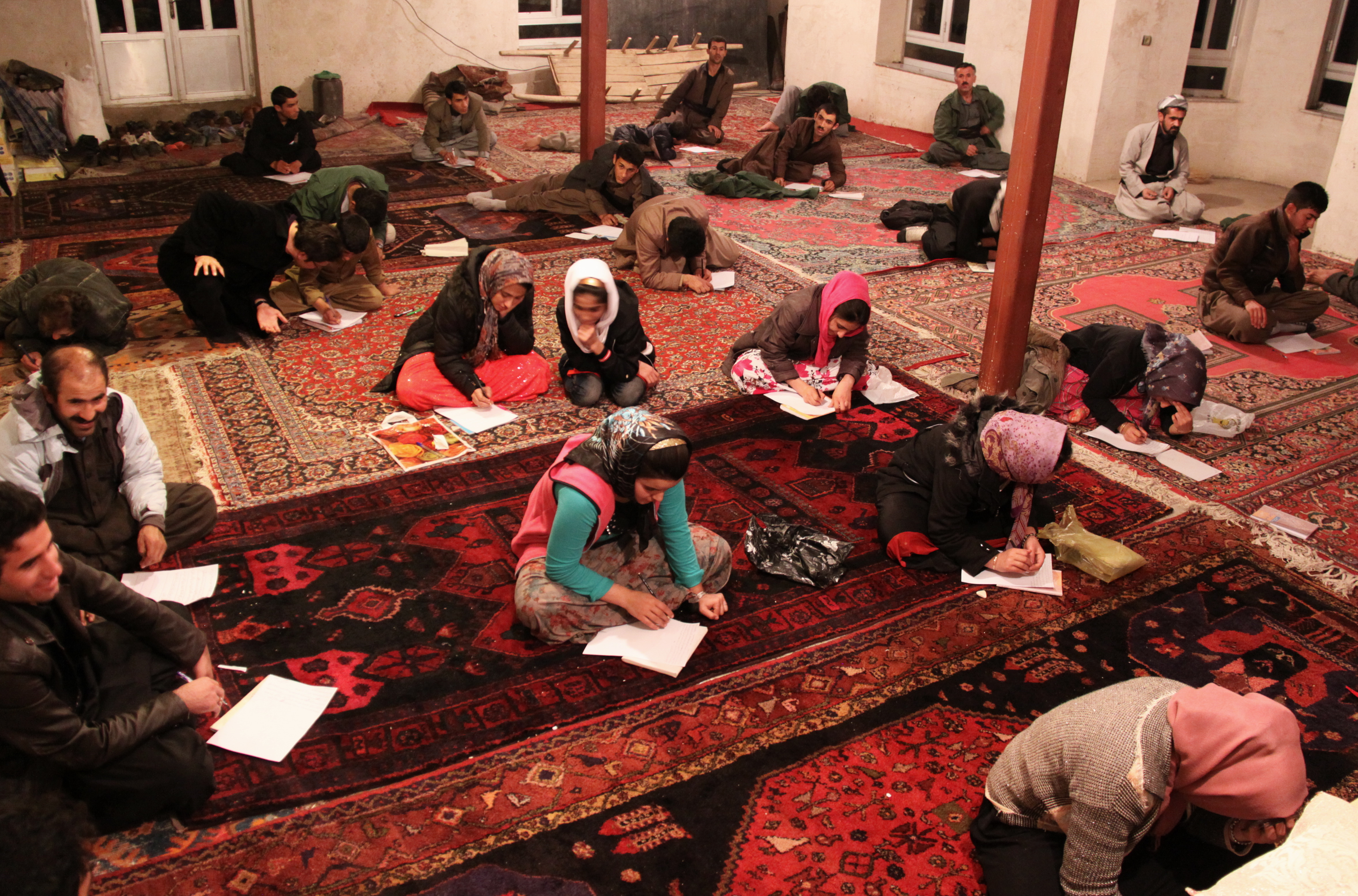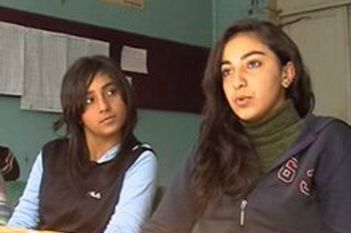- GU Home
- Faculties
- Faculty 09
- LOEWE Minority Studies : Language and Identity
- Subprojects
- Subproject C.2.2
Kurds in Germany - between self-identification and external ascription

Prof. Jost Gippert
Institute of Empirical Linguistics
Goethe University Frankfurt
Senckenberganlage 31
60054 Frankfurt
Tel: +49 (0)69/798-23139 (secr.)
Fax: +49 (0)69/798-22873
E-mail: gippert @ em.uni-frankfurt.de

Prof. Dr. Saloumeh Gholami
Institute of Empirical Linguistics
Goethe University Frankfurt
Dantestr. 9, (4th floor)
60325 Frankfur
Tel: +49 (0)69/798-24690
E-mail: gholami @ em.uni-frankfurt.de
Description
The specific meaning of the term "Kurdish" depends on the group treated and its region of origin as well as different identity-forming factors (language, religion, culture, ethnic self-definition and definition of others). With regard to the “Kurds”, these perspectives have led to a large number of conceptual ambiguities and in connection with this, conflicts of identity, especially in Germany.
This sub-project investigates the identify formation of the various groups commonly associated with “Kurdish” (Kurds, Zazas, Yezidis, Alevis, Ahl-e Haqq, and others) from emic and etic perspectives. There is a need to investigate the self-identification as well as the external ascription of the affected groups in both their countries of origin and Germany. In addition to religious aspects, this study also examines the linguistic position of the "Kurdish" languages (Kurmanji, Sorani, Zazaki, Gorāni, Hawrāmi and others) and their role in the development of identity of the relevant ethnic groups.
This sub-project investigates the identify formation of the various groups commonly associated with “Kurdish” (Kurds, Zazas, Yezidis, Alevis, Ahl-e Haqq, and others) from emic and etic perspectives. There is a need to investigate the self-identification as well as the external ascription of the affected groups in both their countries of origin and Germany. In addition to religious aspects, this study also examines the linguistic position of the "Kurdish" languages (Kurmanji, Sorani, Zazaki, Gorāni, Hawrāmi and others) and their role in the development of identity of the relevant ethnic groups.

©Ebrahim-Alipoor
Kurdish Language course, Iran

©Ebrahim-Alipoor
Pir-e Shaliyar-Ceremony in Hawraman, Iran

.
Kurdish women in Georgia
- Studying at Goethe University
- International applicants
- Faculties
- Overview of study programmes
- Programme for refugees
- GRADE
- Goethe Business School (continuing education)
- Research at Goethe University
- Scientific news
- Goethe Welcome Center (for international researchers)
- Collaborative research projects
- Individual research
- Visiting fellowships
- Endowed chairs
- About the University
- News-in-brief
- University administration
- Campus locations
- Campus life
- University archives (German)
- Rhine-Main-Universities






